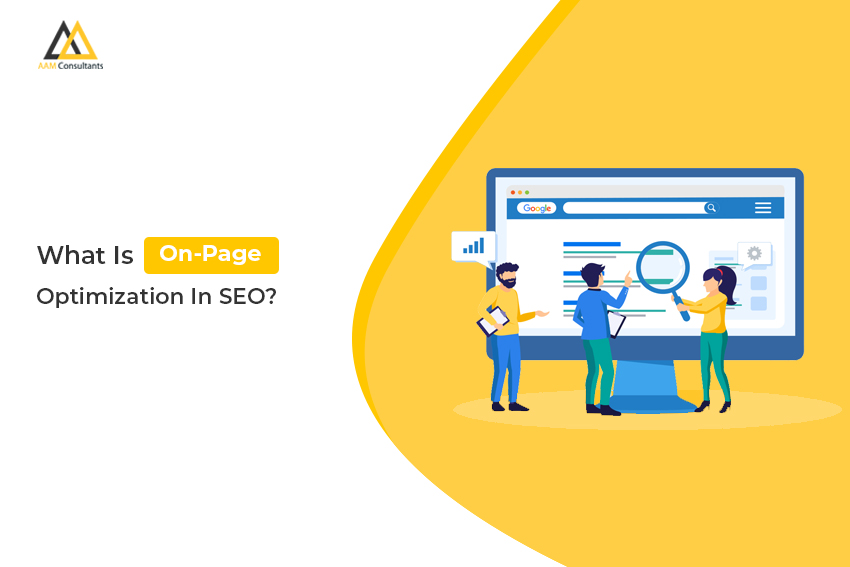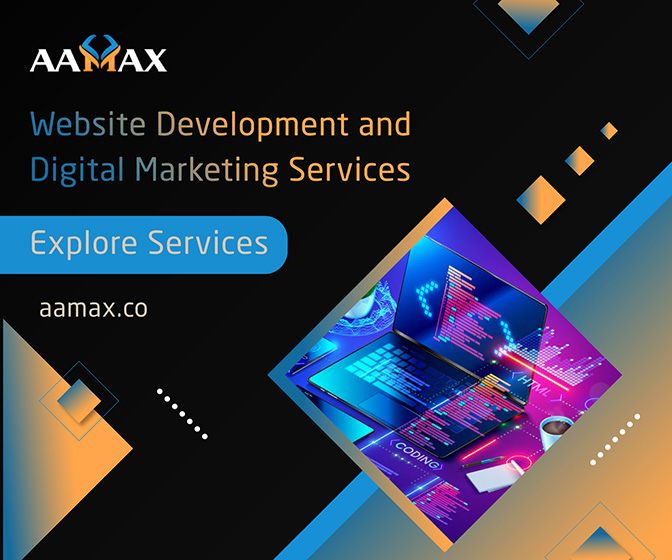Being able to succeed in organic search for your website today, needs optimizing for a range of different factors that search engines consider the most important. One of which is on-page optimization. There are a number of SEO tactics that are off-page, such as link building, but at the end of the day, off-page SEO won’t do very much if behind the scenes you aren’t paying very much attention to the basic fundamental elements; on-page SEO. When thinking about SEO, on-page optimization is something that should be constantly prioritized. It is important to note that the search engine landscape is changing all of the time, so it is important to make sure that you are up to date with your on-page SEO knowledge.
With that in mind, here is what on-page SEO is all about, and why optimization of it matters for your website or blog.
What Is On-Page SEO?
On-page SEO is referring to optimizing different web pages of a site, in order to improve a website’s search engine rankings, as well as help the site to earn some more organic traffic. Having some high-quality and relevant content is part of on-page SEO, but it also includes optimizing your titles and headers, your metadata, and your images with alt text. On-page SEO also means that you are making your site trustworthy and are able to show your expertise in a certain area, as well as your authoritativeness. On-page optimization takes into account different aspects of your site that will help to improve your website search results, when added together.
Why On-Page SEO Is Important
When you are thinking about your website and on-page SEO, then understanding how important it is helps. On-page SEO is important as it helps search engines to understand your website and all of your content. By doing this, it can see if the site is going to be relevant to someone’s search query. Search engines are getting better, and so there needs to be a focus on appearing in relevant search page results.
Being able to adapt, as search engines have, to have content that is visible to website users, such as images, video, text, or audio, as well as having content visible to search engines, such as HTML tags and structured data is key. By doing this, it will help your website to be well-optimized and up to date.
The main elements to look at for on-page optimization are:
- User engagement: helping people to stay on your site for longer, once they have found it.
- Image optimization: helps to be found on image searches, as well as helping user experience.
- Content audit: look at existing content and decide if it is still relevant or not.
- Keyword cannibalization: if you have multiple pages ranking for the same keyword, you start to compete with yourself.
- Header tags: help to provide keyword-rich context for search engines.
- Meta tags: these provide a description of what each page is about, and can be shown in search engine results.
When you put effort into your on-page SEO, and not just your off-page SEO, such as building backlinks, you will start to see a boost in your website traffic, as well as seeing an increase in your search presence.



